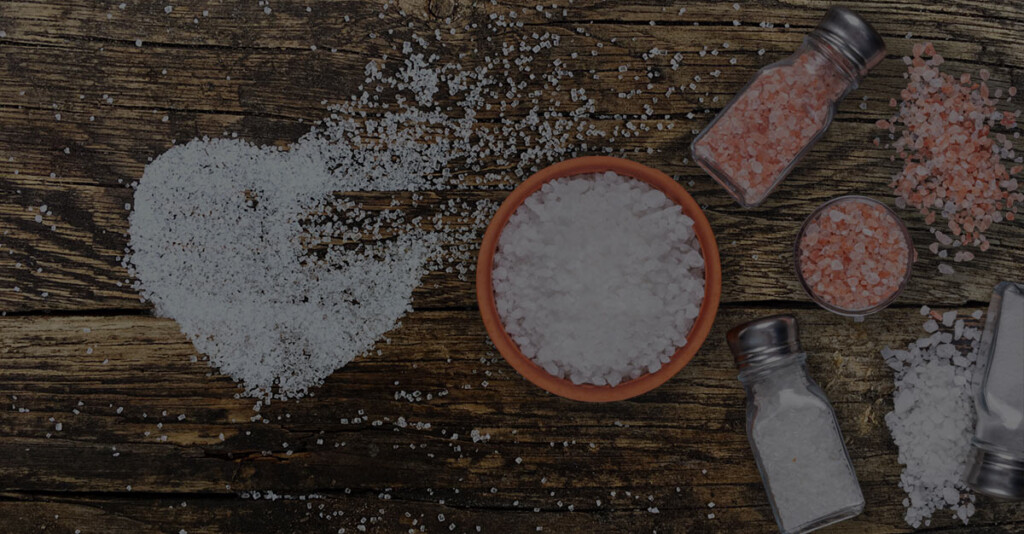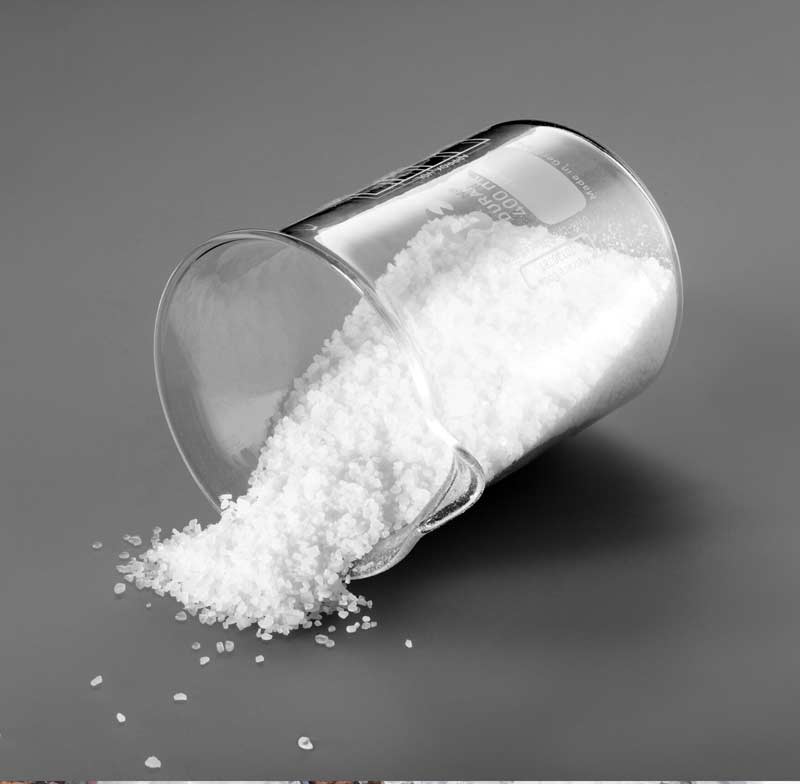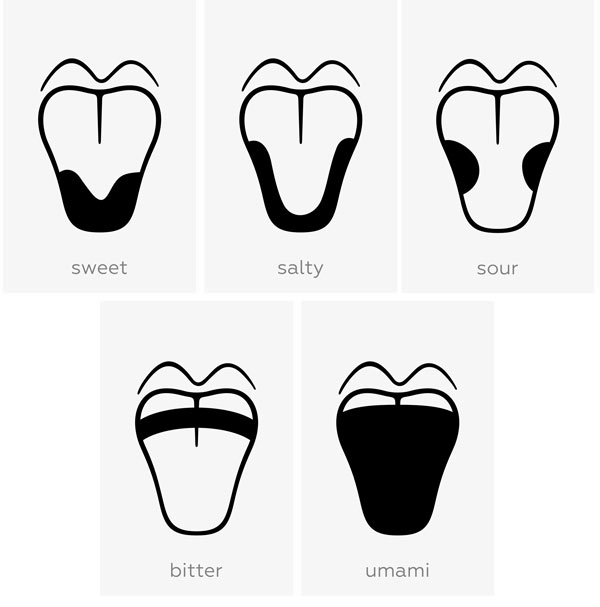The pressing question: Should reducing sodium be a key focus in my food development?
Sodium, while essential, poses significant health risks when consumed in excess, notably increasing the risk of cardiovascular diseases. Globally, dietary sodium intake consistently exceeds recommended levels, primarily due to its prevalent use in processed foods.
Recognising this issue, WHO recommended a 30% reduction in sodium consumption by 2025, a target now extended to 2030 due to slow progress. Many nations have launched salt-reduction initiatives, such as public awareness campaigns, reformulation efforts, and front-of-pack nutrition labelling.¹ To monitor these efforts, WHO is using a country-specific sodium scorecard, which is particularly interesting for food developers as it signals the likelihood of tighter policies in the near future that could impact their production.
Some manufacturers have adopted a “health by stealth” approach, making gradual, unnoticed reductions in salt content. However, this method risks compromising product safety and consumer satisfaction with significant salt reductions.
So, how can sodium be effectively reduced in food applications without sacrificing quality? Let’s explore some innovative strategies.






